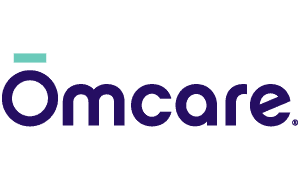55% of senior patients are noncompliant with their medication schedules, which is an issue for Medicare Advantage plans given 41% of the Star Rating depends on beneficiaries properly taking their medicine—especially medications for diabetes, cholesterol, and hypertension.
Having a high Star Rating is key to earning more enrollees—90% of Medicare beneficiaries are enrolled in a plan with a 4.0 rating or above. Focus on improving medication adherence to positively impact your plan’s Star Rating.
To improve medication adherence, we first have to understand why seniors aren’t taking their medicine properly.
Understanding the reasons behind medication non-adherence
Some of the top reasons for medication non-adherence include:
- Forgetfulness: This is the cause in 63% of cases.
- Complex regimen: Having too many medications to manage.
- Medication schedule is too confusing: 36% of U.S. adults struggle to understand medical terms.
- Hassle of refilling prescriptions: In one study, 20% of patients didn’t renew their prescriptions on time, and another 10% put off refilling their prescriptions.
What do all of these reasons for non-adherence have in common? They have solutions—especially cost-effective technology that takes the burden off healthcare teams. Here are the top technological solutions to help Medical Advantage plans improve medication adherence.
Technology helps seniors take their medicine properly
1. Platform to virtually connect patients to providers
Virtual appointments and messaging systems help patients easily refill their prescriptions. Using online communications, patients avoid an unnecessary trip into the doctor’s office—and this saves time for busy healthcare providers, too.
If you’re worried that telehealth will cause a decline in quality care, don’t be. 82% of patients say that telehealth is just as effective as in-person care. After connecting online, patients can have medications delivered right to their doorstep.
2. Automatic pill dispensers
Another way to increase medication adherence among beneficiaries is by using an automatic pill dispenser. High-quality dispensers on the market automatically provide pre-slit packages of multi-dose medication at the right time.
The dispenser helps patients that might otherwise forget to take their medication, plus it aids those with a complex regimen. With a dispenser, medication adherence is no longer dependent on whether the patient understands their schedule or not. Technology provides the medication they need, when they need it.
3. Medication reminders
Beyond pill dispensers, some patients need more reminders to ensure they take their medicine. Automatic medication reminders often come in the form of text messages or emails, and they’re a very effective way to help forgetful seniors take their medicine on time.
Medication reminders often go a step further with notifications to get refills and attend medical appointments. All of these reminders, used in combination, help seniors stay on track and adherent to their medication schedules.
4. Adherence tracking
To make sure your efforts are successful, we recommend an adherence tracking technology. This is a great alternative to relying on self reports—which can often be highly inaccurate. Dispensing data and video observation enable reporting when a patient misses a dose.
That way, providers are directly notified when a patient is being non-adherent to their medication schedule, giving them the chance to respond quickly.
Finding the right medication adherence technology
Medication adherence is very important to improve a plan’s Star Rating. We highly recommend looking for technology that includes:
- A communication channel between healthcare professionals and families
- Pill dispenser
- Medication reminders
- Medication adherence tracking
The Ōmcare Home Health Hub® has all of these features to help Medicare Advantage plans increase medication adherence among senior patients. Reach out to Ōmcare today to learn more!

